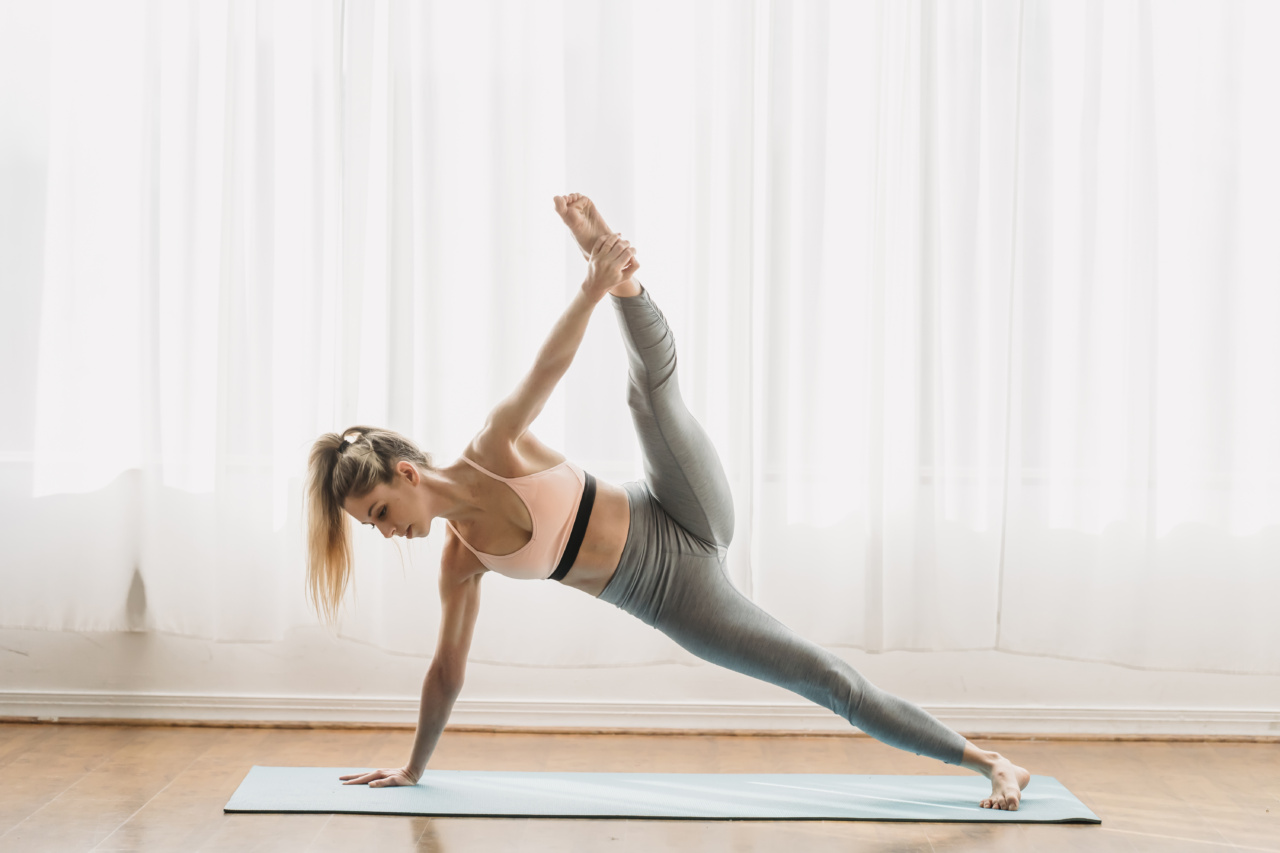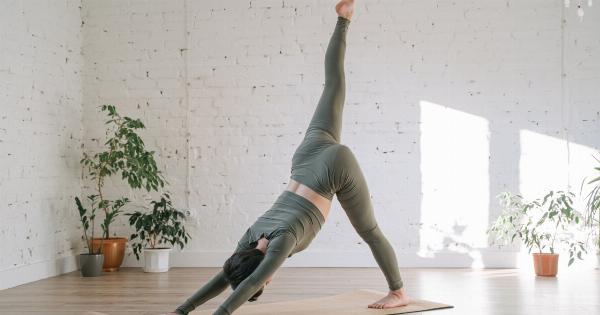Physical fitness and mental well-being are closely interconnected and play a vital role in maintaining a healthy lifestyle. Engaging in regular physical activity not only improves physical health but also has a positive impact on mental health.
Exercise releases endorphins, which are known as “feel-good” neurotransmitters, and reduces stress levels. In this article, we will explore the relationship between physical fitness and mental well-being and discuss the various ways in which physical activity improves our mental health.
The Science Behind Physical Fitness and Mental Well-being
Several scientific studies have highlighted the correlation between physical exercise and mental well-being. When we engage in aerobic exercises such as running, swimming, or cycling, our brains release endorphins.
Endorphins are natural painkillers that promote feelings of euphoria and happiness. They reduce anxiety and boost our mood, acting as natural antidepressants.
Regular exercise also increases the production of brain-derived neurotrophic factor (BDNF), which promotes the growth and development of new neurons, ultimately improving cognitive function and overall mental well-being.
Exercise as a Stress Buster
Stress is a common part of our daily lives, and prolonged exposure to stress can have detrimental effects on our mental health. Exercise has been found to be an effective stress buster.
When we engage in physical activity, our body’s stress response system is activated, and it helps us cope with stress effectively. Exercise reduces the production of stress hormones like cortisol and adrenaline and stimulates the production of endorphins, which elevate our mood and provide a sense of calmness.
Regular exercise also improves our sleep patterns, which further contributes to reducing stress levels.
Boosting Self-esteem and Confidence
Physical fitness is closely linked to self-esteem and confidence. When we engage in regular exercise and witness improvements in our physical fitness levels, it boosts our self-esteem.
Exercise helps us achieve our fitness goals, and the sense of accomplishment provides a significant confidence boost. Additionally, physical activity improves body image and promotes a positive self-image, leading to higher self-confidence levels. When we feel good about ourselves physically, it positively impacts our mental well-being as well.
Improving Cognitive Function
Physical fitness not only benefits our physical health but also has a profound impact on cognitive function. Engaging in regular exercise improves memory, attention span, and overall brain function.
Exercise increases blood flow to the brain, delivering oxygen and nutrients necessary for optimal brain health. The increased production of BDNF also promotes the growth of new brain cells and enhances synaptic plasticity, allowing for better learning and memory retention.
Regular physical activity has been linked to a reduced risk of cognitive decline, dementia, and age-related memory loss.
Social Interactions and Mental Well-being
Participating in physical activities often involves social interactions, which can significantly impact our mental well-being.
Joining fitness classes, sports teams, or exercise groups allows us to connect with like-minded individuals and build a sense of community. Regular social interactions reduce feelings of loneliness and isolation, positively affecting our mental health.
Engaging in physical activities with others also provides an opportunity for support and motivation, making exercise more enjoyable and sustainable.
Exercise as a Tool for Managing Mental Health Disorders
Physical fitness and exercise can be effective tools for managing various mental health disorders. For individuals with depression, anxiety, or stress-related disorders, exercise has been shown to alleviate symptoms and improve overall well-being.
Regular aerobic exercise increases the production of endorphins, leading to improved mood and reduced symptoms of depression. Exercise also reduces anxiety by promoting relaxation and reducing tension in the body.
Moreover, physical activity serves as a distraction from negative thoughts and provides a sense of achievement, boosting self-esteem in individuals with mental health disorders.
Choosing the Right Physical Activities
When it comes to reaping the mental health benefits of physical activity, it is essential to choose activities that align with your interests and preferences.
Engaging in activities that you enjoy increases the likelihood of adherence and long-term commitment. Whether it’s dancing, hiking, playing a team sport, or practicing yoga, find activities that bring you joy.
Additionally, incorporating a variety of exercises, including cardio, strength training, and flexibility exercises, ensures holistic physical fitness and maximum mental health benefits.
Overcoming Barriers to Physical Activity
While physical activity offers tremendous mental health benefits, various barriers can hinder our motivation and willingness to engage in regular exercise. Lack of time, fatigue, and lack of self-confidence are common barriers faced by many individuals.
However, prioritizing physical fitness and mental well-being is crucial. By making small changes to our daily routine, such as incorporating short workouts, taking active breaks, or finding exercise partners, we can overcome these barriers and make regular exercise a part of our lifestyle.
The Importance of Rest and Recovery
While physical activity is essential, it is equally crucial to prioritize rest and recovery for optimal mental and physical well-being. Overtraining and not allowing sufficient recovery time can lead to increased stress, fatigue, and burnout.
Rest days are essential for muscle repair and growth, preventing injuries, and avoiding mental exhaustion. Prioritize quality sleep and listen to your body’s needs for optimal mental and physical health.
Conclusion
Physical fitness and mental well-being are intertwined, with exercise serving as a powerful tool to promote good mental health.
Engaging in regular physical activity can reduce stress, boost self-esteem, improve cognitive function, and manage mental health disorders effectively. By prioritizing physical fitness and incorporating exercise into our daily lives, we can enhance our mental well-being and achieve a healthier and happier life.































